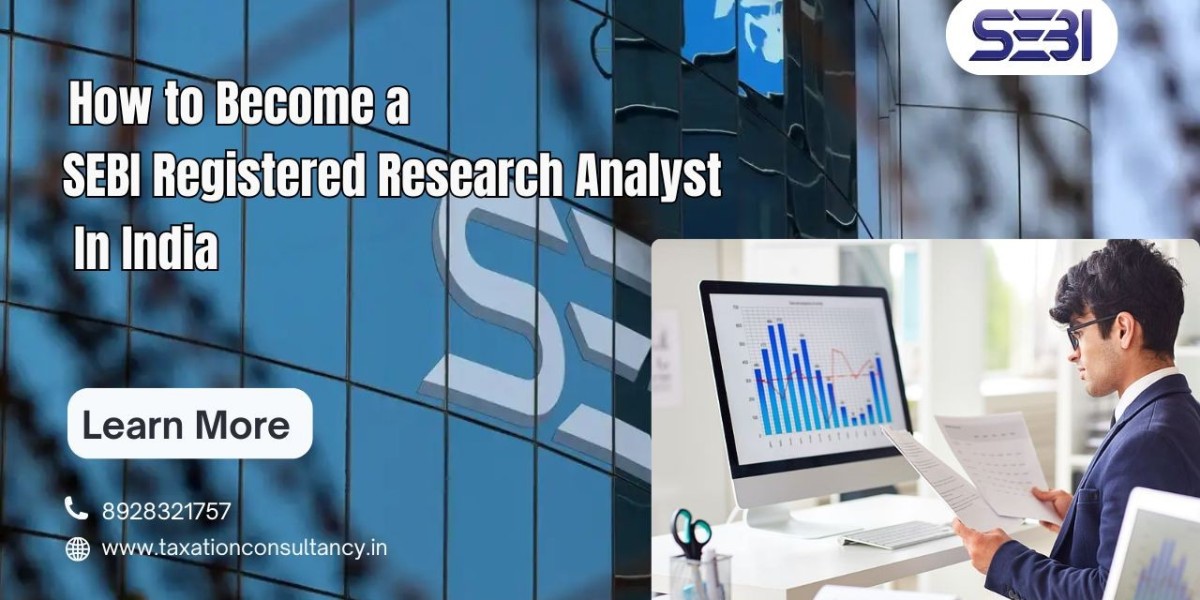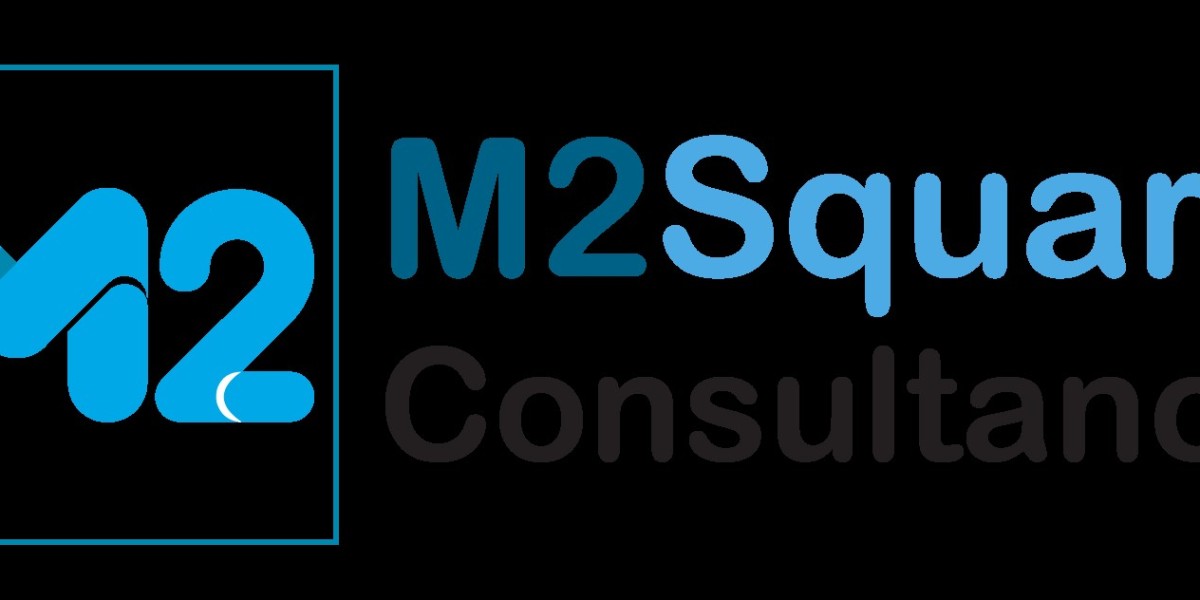How to Become a SEBI Registered Research Analyst: Taxation Consultancy Guide
Have you ever wondered how professional stock market advisers legally provide financial advice or stock recommendations? You might have seen them across YouTube, Telegram, Twitter (X), or financial news platforms. If you dream of joining this field, knowing how to become a SEBI registered research analyst is the first and most important step.
Becoming a SEBI (Securities and Exchange Board of India) Registered Research Analyst not only brings credibility but also protects you legally while helping clients make informed financial decisions. Think of it like getting a driving license—you need it to drive freely and responsibly on public roads. Similarly, SEBI registration is your legal permit to share research-backed financial advice.
In this article, we’ll walk through everything step-by-step: eligibility, exam process, fees, registration, compliance, documents, taxation and consultancy role, and career opportunities.
Learn how to become a SEBI registered research analyst, SEBI registered research analyst eligibility, SEBI registered research analyst exam, and complete registration steps.
Understanding the Role of a SEBI Registered Research Analyst
A Research Analyst is someone who studies financial markets, companies, industries, and economic data to provide investment opinions and analysis. This may include:
Stock recommendations
Company financial analysis
Market trend forecasting
Investment valuation reports
Sector-specific deep research
Without SEBI registration, giving financial recommendations publicly is prohibited.
Why Become a SEBI Registered Research Analyst?
Becoming registered with SEBI has many benefits:
-✔ Legal authorization to share stock research
-✔ Build trust and authenticity
-✔ Become eligible to charge clients legally
-✔ Reduce legal, regulatory, and reputation risks
-✔ Open the door to high-paying advisory and investment research roles
If you want to build a long-term serious career in financial research, registration isn’t optional—it’s necessary.
SEBI Registered Research Analyst Eligibility Criteria
To qualify for the registration process, SEBI requires candidates to meet specific requirements.
You must satisfy:
Educational qualification
Certification (NISM Series XV exam)
Experience requirement (optional depending on qualification)
Don’t worry—we break these down next.
Educational Requirements
SEBI requires one of the following qualifications:
✔ A postgraduate degree or diploma in:
Finance
Economics
Accounting
Commerce
Business Management
Capital Markets
Banking
Statistics
OR
✔ Professional qualifications such as:
CA
CFA
ICWA
MBA Finance
Candidates with a bachelor's degree must prove 5 years of relevant experience if postgraduate qualification is not available.
Work Experience Requirements
Experience is required only if your education does not match SEBI’s finance criteria. Experience includes:
Stock market analysis
Investment research
Mutual fund industry
Financial advisory roles
Even working in a brokerage or fintech platform may qualify.
SEBI Registered Research Analyst Exam Details
To become a research analyst, clearing the NISM Series XV: Research Analyst Exam is mandatory.
Exam Structure:
Parameter | Details |
Duration | 2 hours |
Format | MCQ |
Passing Marks | 60% |
Negative Marking | Yes (25%) |
Validity | Lifetime |
This exam covers financial analysis, valuation, accounting, ethics, and regulatory guidelines.
How to Apply for NISM Research Analyst Certification
Steps:
Visit the NISM certification portal
Register using your email
Select examination center or remote proctoring
Pay fees (approx. ₹1500–₹2000)
Appear for the online exam
Once passed, download your digital certificate.
Required Documents for SEBI Registration
SEBI requires the following documents:
PAN and Aadhaar Card
NISM Certificate
Educational certificates
Experience proof (if applicable)
Income tax returns
Net worth certificate (CA certified)
Application form + declarations
CV and business plan
Prepare scanned copies in PDF format.
SEBI Registration Fee and Validity
Type | Fee |
Application Fee | ₹10,000 |
Registration Fee | ₹5,000 |
Validity | 5 Years |
The fee is non-refundable and must be paid via NEFT or online transfer.
SEBI Compliance Requirements
After obtaining the license, you must:
Maintain research records for minimum 5 years
Avoid misleading advertisements
Provide clear risk disclaimers
Maintain website and compliance audit
Follow anti-money laundering rules
This ensures client protection and transparency.
Renewal and Continuing Education
The NISM certification never expires, but SEBI registration must be renewed every five years. Updated compliance and documentation may be required.
Business Model Options
Once registered, you can choose multiple business models:
✔ Independent Research Analyst
Build your own brand
Start a subscription-based model
✔ Work for Broking/Wealth Firms
Higher salary packages
Corporate stability
✔ Sell Market Insights and Reports
Sector analysis
Stock screeners
Trend reports
Taxation for Research Analysts
As a research analyst, you must formalize your business structure.
Options:
Individual Proprietorship
LLP
Private Limited
Income may fall under:
Business income
GST applicable (18%) if advisory services provided
TDS applicable under Section 194J
Hiring a taxation consultancy is advisable since compliance can get complex.
Common Mistakes and How to Avoid Them
❌ Providing tips before approval
❌ Copying other analysts’ work
❌ Violating advertisement rules
❌ Not maintaining proper compliance records
Be disciplined—your credibility is your real asset.
Career Opportunities After Registration
Research Analyst
Equity Market Expert
YouTube/Financial Influencer
Stock Market Content Creator
Corporate Analyst
Institutional Equity Research
Growth in this field is massive—especially with India’s booming retail investing culture.
Final Thoughts
Becoming a SEBI Registered Research Analyst Exam is a rewarding journey. It's not just about clearing an exam—it’s about building integrity, knowledge, and accountability. The effort may feel long, but like planting a mango tree—you may wait years, but once it grows, the fruits are abundant and long-lasting.
If you are passionate about stock markets and financial research, this path can transform your career and open multiple opportunities.
Frequently Asked Questions (FAQs)
1. How long does it take to become a SEBI registered research analyst?
On average, 2–6 months depending on exam preparation, documentation, and SEBI processing.
2. Is the NISM research analyst exam difficult?
It’s moderate. With basic accounting and market knowledge, most candidates pass.
3. Can I give stock tips without SEBI registration?
No. Giving investment advice publicly without registration is illegal.
4. Does the NISM research analyst certificate expire?
No, it is valid for a lifetime.
5. Can a SEBI registered research analyst earn online?
Yes, through subscription plans, paid research reports, corporate jobs, investment blogs, and consulting.







